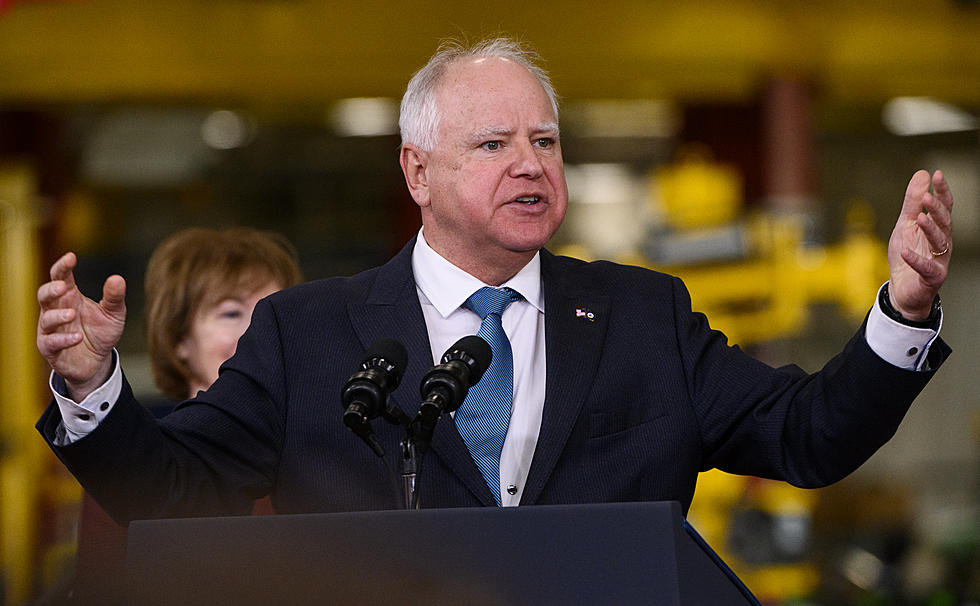
Minnesota Asks Feds For $624M in Climate Projects
(The Center Square) – Minnesota has submitted three proposals for funding through the U.S. Environmental Protection Agency’s Climate Pollution Reduction Grant program.
The program, created through the Inflation Reduction Act, will distribute $4.6 billion in competitive grants for states, local governments, and tribes to reduce greenhouse gas emissions and air pollution.
“Acting on climate change is critical not only to protect our lakes, rivers, and great outdoors, but also for Minnesotans’ health and economic future,” Gov. Tim Walz said in a statement. “This funding will reduce climate pollution, lower energy bills, create jobs, improve our health and air quality, reduce hunger, and ultimately ensure Minnesota remains a great place to raise a family for generations to come.”
The state pitched three proposals to reduce climate pollution in Minnesota’s transportation, housing and food sectors.
READ MORE: State Patrol Warns "Scams Like This Are Happening Right Here in Minnesota"
The REACH Homes Minnesota proposal seeks $385 million to reduce climate pollution from Minnesota’s residential buildings, one of two sectors where greenhouse gases are rising.
The Minnesota Climate-Smart Food Systems proposal aims to reduce waste while nourishing Minnesotans statewide. The project seeks $200 million to improve Minnesota’s food system including electrifying vehicles, and food waste prevention programs.
The Developing Regional Infrastructure for Vehicle Electrification Midwest proposal seeks $39 million to connect Midwestern states through an electric truck charging network for heavy-duty vehicles. The Minnesota Department of Transportation submitted this application in collaboration with agencies in Wisconsin and Michigan.
Transportation remains Minnesota’s largest source of climate pollution, accounting for about 25% of the state’s greenhouse gas emissions. The agriculture, forestry, and land use sector is Minnesota’s second-largest source of greenhouse gases, with emission rates remaining stagnant in recent years. Climate pollution from Minnesota’s homes and apartment buildings has increased 14% over the past 15 years, one of two sectors where emissions are rising.
RELATED: One of Minnesota’s Largest Gas Stations Plans to Close 1,000 Locations

In 2022 Minnesota launched the Climate Action Framework, which sets new goals to reduce climate pollution by 50% by 2030 and achieve net-zero greenhouse gas emissions across the state by 2050. In 2023, Minnesota lawmakers passed a law that the state must use carbon-free electricity by 2040 and close to $1 billion worth of investments in climate-related programs.
The EPA will review applications over the coming months. Awardees are expected to be announced by July 2024.
Highest-paying jobs in Minnesota that don't require a college degree
Gallery Credit: Stacker
More From Minnesota Now






